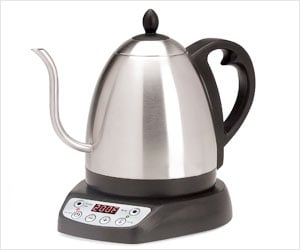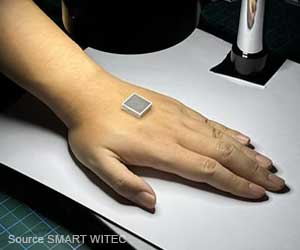An Indian bioengineer has helped develop a human heart-on-a-chip, a device the size of a chocolate candy loaded with heart cells that mimic the real organ to serve as a novel tool to screen medicines.

The device was developed by Anurag Mathur, a postdoctoral research fellow at the University of California, Berkeley (UCB), and his colleagues. It may emerge a powerful tool for the pharmaceutical industry to screen candidate drugs more reliably than now possible through animal tests.
"There's nothing in the laboratory today that comes close to mimicking the structure and function of the human heart as this device. The heart cells in our device cluster among themselves to form 3-D heart tissue that beats at 55 to 80 beats a minute," said Mathur, who studied mechanical engineering in Jodhpur before pursuing a Masters and a PhD at Columbia University.
Source-Medindia
 MEDINDIA
MEDINDIA




 Email
Email




